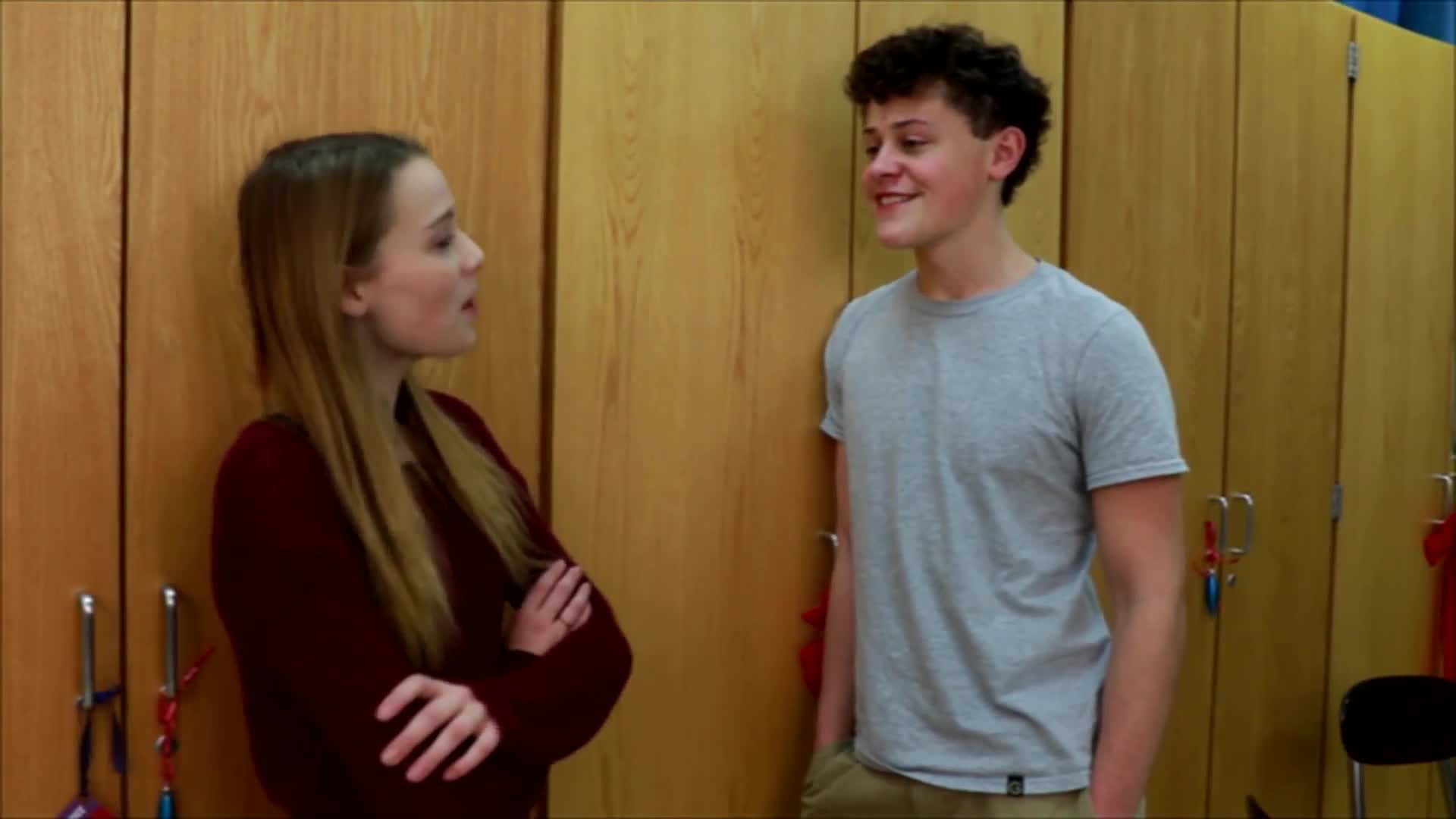Understanding Conversation Skills
Conversation skills encompass the ability to initiate, maintain, and appropriately end conversations. These skills impact students’ learning by promoting active participation, collaborative problem-solving, and the development of strong relationships with peers and teachers. Moreover, these skills contribute to students’ social interactions and emotional wellbeing by fostering a sense of belonging and self-esteem.
The Role of Specialists
Various specialists can support the development of conversation skills in kindergarten students:
- Speech-Language Pathologists: Assist in improving language skills, articulation, and pragmatic communication.
- Social Workers: Help students develop social-emotional skills and address barriers to effective communication.
- Psychologists: Provide strategies for coping with anxiety and other factors that may hinder conversation skills.
- School Counselors: Offer guidance in building positive relationships and navigating social situations.
IEP Goals for Conversation Skills
Here are some specific SMART IEP goals to enhance conversation skills in kindergarten students:
Goal 1: Initiating Conversations
The student will initiate conversations with peers and adults in 4 out of 5 opportunities during the school day.
Strategies and activities: Role-playing, social scripts, and visual cues.
Goal 2: Maintaining Conversations
The student will maintain a conversation by asking relevant questions and making appropriate comments in 80% of observed conversations.
Strategies and activities: Conversation cards, discussion prompts, and group activities.
Goal 3: Ending Conversations
The student will appropriately end conversations by using polite phrases and body language in 4 out of 5 observed instances.
Strategies and activities: Social stories, video modeling, and practicing exit strategies.
Implementing and Measuring Progress
Here are some tips for implementing these IEP goals and measuring progress:
- Collaborate with specialists to develop tailored interventions for each student.
- Monitor and document students’ performance during individual and group activities.
- Use checklists and rating scales to assess conversation skills.
- Provide regular feedback and adjust interventions as needed.
Conclusion
By focusing on enhancing conversation skills, educators can significantly impact the learning, social interactions, and wellbeing of kindergarten students in special education settings. Implement these IEP goals and strategies to help your students develop effective conversation skills. For more resources and sample materials, visit Everyday Speech Sample Materials.








